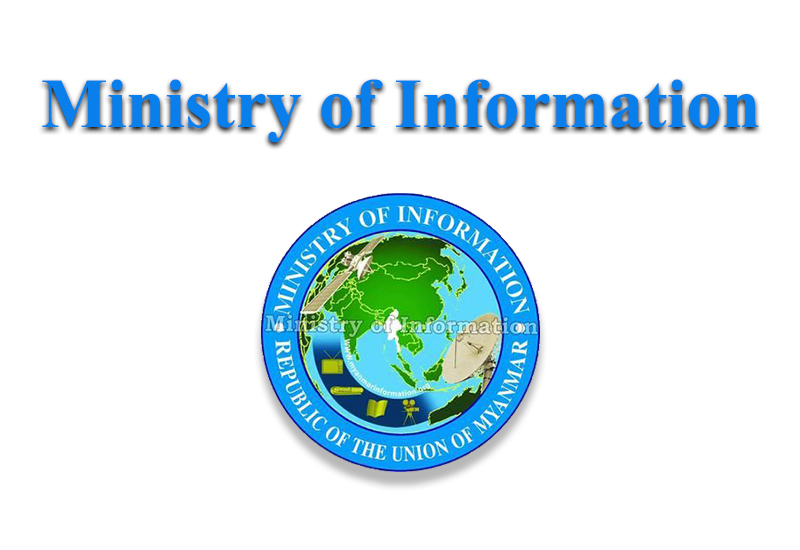Following the recent severe earthquake, many residents and staff have been temporarily displaced from their homes and buildings. The relevant ministry has ordered the distribution of temporary shelters to provide immediate relief. The construction of temporary hygienic toilets is necessary to maintain public health and cleanliness. To ensure access to clean drinking water, the government is distributing purified water and seeking assistance from international sources to obtain water purification equipment.
As people endure significant loss and damage, it is crucial to provide psychological support and emotional relief to those affected. Myanmar is prone to various natural disasters, with earthquakes being a recurring hazard. Over the past century, the country has experienced 18 major earthquakes with magnitudes of 6 or higher on the Richter scale. The most powerful was the 1912 PyinOoLwin earthquake, which registered a magnitude of 8. The recent 7.7-magnitude earthquake is now recorded as the second strongest in Myanmar’s history.
The earthquake that struck Sagaing on 28 March caused severe damage and loss of life. If it had occurred at night, when most people were asleep, the casualties could have been significantly higher. Despite the devastation, the timing mitigated an even greater tragedy. By 5 April, the reported toll had reached over 8,600 people affected: 3,455 dead, 4,840 injured, and 214 missing.
The destruction of infrastructure is extensive. A total of 5,223 buildings, 1,824 schools, and 2,752 monasteries and nunneries were destroyed. Furthermore, 4,817 pagodas and 167 hospitals and clinics were damaged. Transportation networks, including railways and roads connecting Yangon, Nay Pyi Taw, and Mandalay, also sustained damage, along with multiple train stations. In total, 169 bridges, 198 dams and irrigation facilities, and 184 sections of expressways were affected.
Beyond the physical loss of homes and property, survivors are grappling with the emotional trauma of losing loved ones – parents, children, family members, and relatives. Comprehensive support is essential to help them recover and rebuild their lives. In the process of providing and donating supplies, carrying out activities according to one’s own plan without informing the relevant regional government organizations may lead to undesirable administrative issues. Therefore, it is necessary to act according to the designated procedures.
Effective and transparent management of aid distribution is vital to ensure that all intended recipients receive the support they need. In line with the Head of State’s directives, it is essential to prioritize the rapid delivery of aid, swift debris removal, timely repair of damaged buildings, and the ongoing implementation of rehabilitation and reconstruction efforts in an efficient and coordinated manner.
#TheGlobalNewLightOfMyanmar

